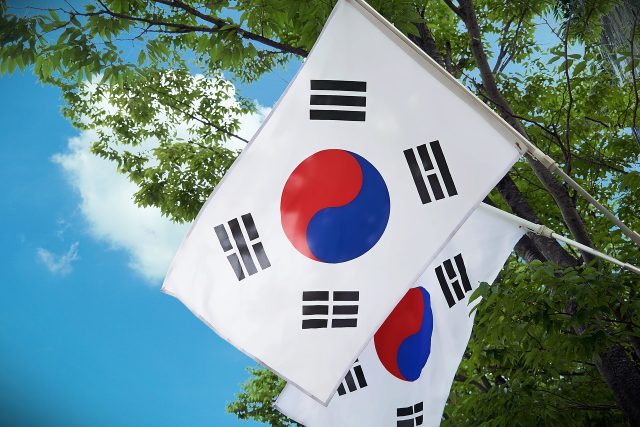South Korea’s Second Vice Minister of Health and Welfare Park Min-soo announced Monday that the government has begun administrative actions against some 7,000 medical residents who have not returned to work despite the government’s earlier order. Park Min-soo said that the government’s punishment measures include suspending the trainee doctors’ medical license for 3 months, delaying their completion of the mandatory residency training period, which further delays their acquisition of specialist qualifications, and putting the administrative sanction history on record. Moreover, he stressed that the sanctions are irreversible.Around 10,000 trainee doctors in South Korea took to the streets on February 21 to protest against the government’s plan to increase medical school admission. On February 6, the Ministry of Health and Welfare confirmed its plan to add 2,000 more seats each year to medical school admission, rising to a total of 5,058 seats, to deal with the estimated doctor shortage in the country. The medical community strongly opposed the policy, claiming that it will not bring a fundamental change to the deeper problems such as a shortage of personnel in low-paid fields, a concentration of doctors in urban areas and the malpractice medical system. While more than 9,000 medical residents tendered their resignation following the announcement of the plan, there were another 8,000 going on strike, leading to a shortage of manpower in hospitals. The government issued an order urging striking doctors to return to work by February 29, but it is reported that only 4.3 percent of those who participated in the walkouts have returned to work. The current punishments are against those who did not resign but nevertheless ignored the government’s return-to-work order. Police also raided offices of the Korean Medical Association on Friday for the union’s suspected violation of medical laws resulting from the strike actions. Notably, the capacity of medical schools in South Korea has been frozen since 2006. Attempts by previous governments to expand admission all failed due to opposition from the medical community. According to Korean media JTBC, South Korean President Yoon Suk Yeol had been briefed about the doctors’ rally on Sunday and commented on the the difficulty of justifying taking collective action with people’s health and lives. A survey commissioned by JTBC and conducted through MetaVoice from February 24 to 25 demonstrated that 59 percent of the 1,021 respondents had sided with the government and thought the medical community was more responsible in the confrontation.




The Most Read
Сryptocurrencies
Bitcoin and Altcoins Trading Near Make-or-Break Levels
Financial crimes
Thieves targeted crypto execs and threatened their families in wide-ranging scheme
Financial crimes
Visa Warning: Hackers Ramp Up Card Stealing Attacks At Gas Stations
News
Capitalism is having an identity crisis – but it is still the best system
Uncategorized
The 73-year-old Vietnamese refugee is responsible for bringing Sriracha to American consumers
Uncategorized
Electric Truckmaker Rivian, Backed By Amazon, Ford, Raises Whopping $1.3 Billion